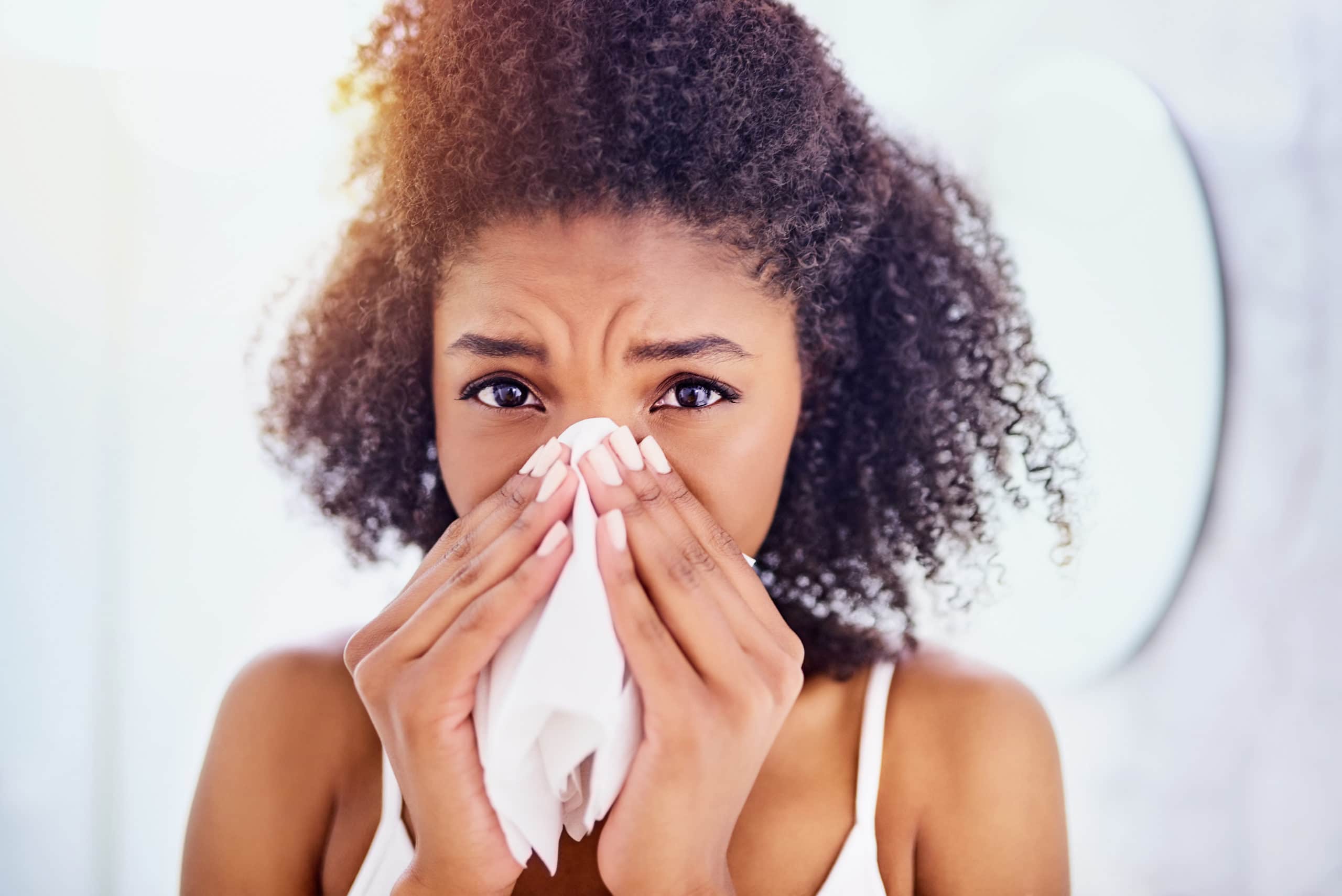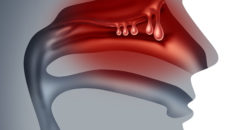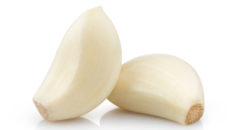
Of course, I know how annoying – not forgetting the pain as well – sinus congestion can be. I am well acquainted with that notorious headache that comes with inflamed sinuses, causing aggregation of pressure in your sinuses. This can be particularly unsettling when your sinuses appear unwilling to clear out.
Blocked sinuses are triggered by a reaction to either an infection or allergy. According to the Centers for Disease Control and Prevention (CDC), blocked sinuses can result in abnormal fatigue, headaches, blocked nostrils, and even coughing.
Is there a relationship between asthma and your blocked sinuses?
The American College of Allergy, Asthma & Immunology has established a link between asthma and chronic sinusitis. Both conditions share a common trigger in the form of inflammation resulting from reaction to an irritant or allergen.
Studies have revealed that people with chronic sinusitis and asthma, when compared with people having only asthma, have more severe asthma flares, more prone to disruption in sleeping cycles, and present more advanced asthma symptoms.
But you don’t need to jump into the hospital just anytime your sinuses are blocked. You can sufficiently relieve yourself using the proven home remedies we will share in this guide.
5. Warm, Moist Air
That’s right, a humidifier can give you that much-needed salvation from blocked sinuses. A humidifier – as you would know – basically moisturizes the air.
By increasing the moisture in the air you inhale, humidifiers reduce the content of dry cold air you breathe. It is no secret that the latter air variant amplifies your feeling of congestion, disrupting the typical ease with which your sinuses drain.
With more nasal humidity – thanks to the humidifier – it is less challenging to breathe. Humidifiers can be used any time of the day. The advantage of deploying them at night is that it makes your sleep more comfy thanks to easing up your nasal cavity.
As you use the humidifier, try a nasal irrigation device.
Nasal irrigation devices, or nasal rinses, can help dislodge backed-up mucus and remove dust and pollen in your sinuses.
One of the most well-known devices is called a neti pot, which is a small teapot-shaped container, available at any pharmacy or online. Follow packaging instructions to use safely, and keep your neti pot clean.
4. Specific Herbs
Tell you what, few foods clear up your nasal passages as efficiently as eating spicy foods. Integrating a healthy amount of spices into your meals naturally restores the flow of the mucus.








